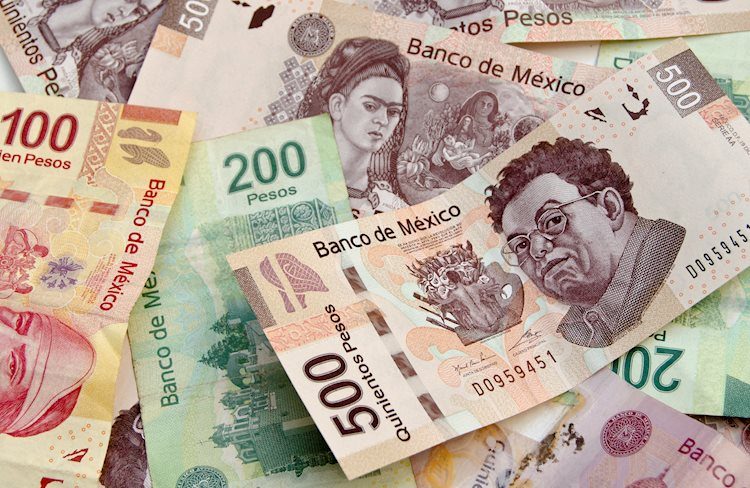Cereal exports from Ukraine must continue through alternative land routes. The G7 Agriculture Ministry is currently looking for a solution to this issue. Odessa is of strategic importance.
“Putin uses hunger as a weapon.” This was stated by the German Minister of Agriculture Cem Ezdemir on the German radio DLF shortly before the start of the work of the Minister of Agriculture of the G7 group, which is meeting today in Schloss Hohenheim in Stuttgart.
The problem goes beyond Ukraine, it tends to turn into a global food crisis by blocking grain exports from Ukraine, a major grain producer and exporter worldwide. The G7 agriculture ministers of Germany, France, the United States, Canada, Japan, Italy and the United Kingdom are focusing on finding solutions to Ukraine’s grain exports despite the Russian aggression.
More specifically, the aim is to find alternative land routes for transporting the millions of tonnes of grain stored in Ukrainian warehouses through the road and rail network, which remain operational. The port of Odessa, which the G7 agrees should not fall into Russian hands, is also considered to be of strategic importance to the food chain.
Call from Ukraine for help
For his part, Ukrainian Agriculture Minister Mykola Solski, who is also attending the summit as a guest, expressed fears of “big losses” especially in this year’s wheat harvest, while “things are a little better” with corn. “The situation is certainly not easy and we need support to transport grain. We can not solve the problem alone,” he said.
German Foreign Minister Analena Berbock, who is chairing the next G7 summit in Weissenhaus in Schleswig-Holstein, also spoke of the risk of a global food crisis. As he stressed, 25 million tons of grain are currently stranded in Ukrainian ports.
Spike in cereal prices
But the war in Ukraine also affects grain sales prices. According to data from the Federal Statistical Office, import prices for cereals increased in March 2022 by 53.6%, compared to the same month last year.
Price increases apply to all types of cereals: in March 2022 wheat prices increased by 65.3% compared to the same month last year. The prices of barley, rye, oats by 65.3% and corn by 37.4%. However, it is noted that the prices of imported cereals had already risen significantly before the war in Ukraine. As early as January 2021, it was observed that the price increase exceeded 10%.
Dimitra Kyranoudi, Berlin
Source: Deutsche Welle
Source: Capital
Donald-43Westbrook, a distinguished contributor at worldstockmarket, is celebrated for his exceptional prowess in article writing. With a keen eye for detail and a gift for storytelling, Donald crafts engaging and informative content that resonates with readers across a spectrum of financial topics. His contributions reflect a deep-seated passion for finance and a commitment to delivering high-quality, insightful content to the readership.






